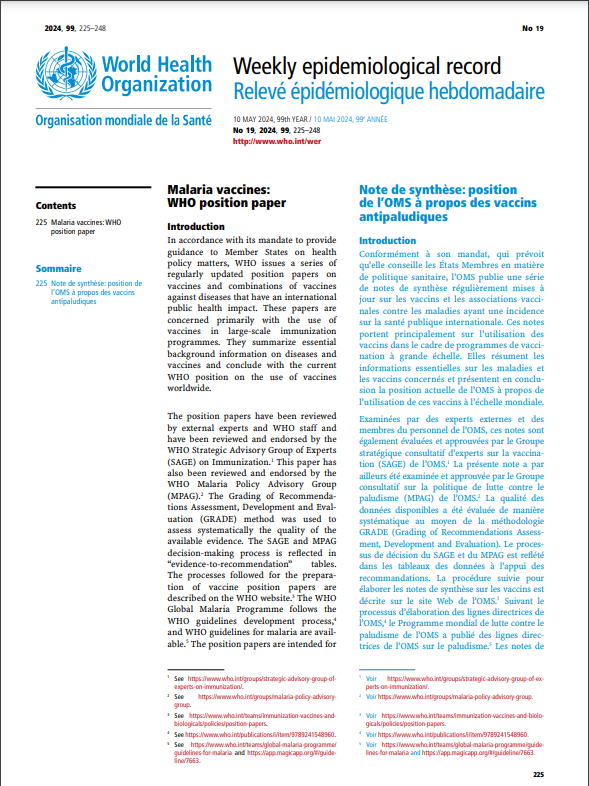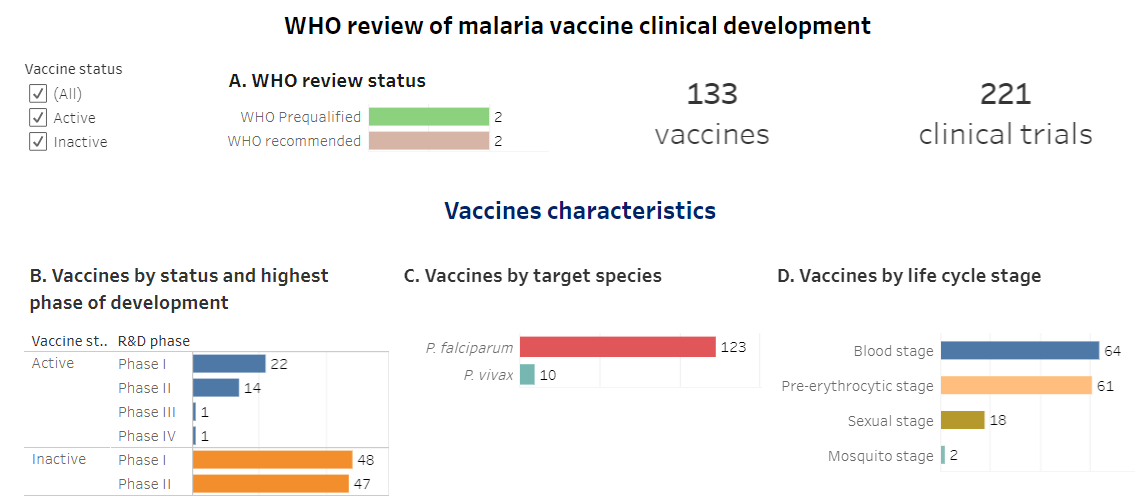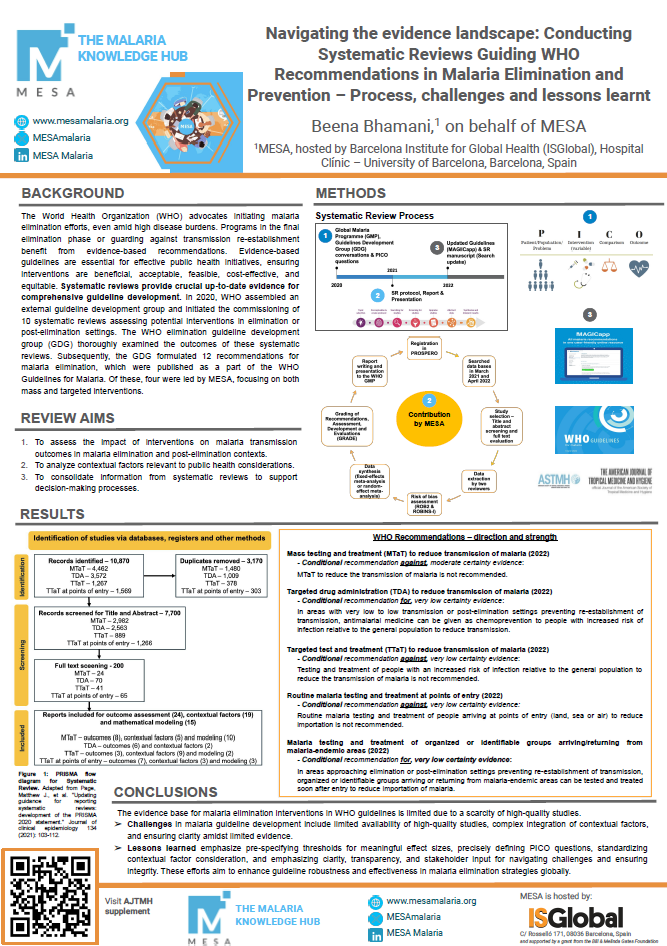Last Updated: 02/12/2024
Integrating human and non-human primate data to understand the acquisition of pre-erythrocytic immunity in the face of previous malaria exposure
Objectives
This project aims to elucidate patterns or biomarkers that map with protection/lack of protection and immunogenicity/lack of immunogenicity in malaria-naïve and -experienced volunteers.
Specific objectives are to:
- Define protective liver-resident PE immunity at the single cell level;
- Identify the mechanisms by which previous malaria exposure impacts baseline and innate immunity;
- Build models of the complex interplay between baseline, innate, and adaptive immunity and;
- Use these to identify strategies to overcome hyporesponsiveness to PE vaccines in endemic areas.
Pre-erythrocytic (PE) malaria vaccines that completely prevent infection in malaria non-endemic regions have often failed to achieve equally high-level protection when tested in endemic regions. Data from animal models and humans has identified certain factors that may be contributing to this difference. Active or previous Plasmodium infections rank highly amongst these factors because infection is known to significantly impact innate and adaptive immune responses to malaria vaccines. The hypothesis is that previous malaria exposure is a key driver of the suboptimal immunity observed in clinical trials of PE vaccines in endemic areas. However, a full assessment of how such conditions affect pre-erythrocytic immune responses is lacking in large part because much of the protective immune repertoire against PE malaria exists as tissue resident memory T cells in the liver, which is inaccessible in human clinical trials. The project addresses this question of malaria vaccine hyporesponsiveness in endemic regions by performing vaccine studies in previously-infected versus naïve non-human primates (NHP) where the tissue-specific response can be studied down to the single cell level and integrate these with data from peripheral blood samples from similarly-vaccinated human clinical trial participants in endemic and non-endemic regions. The exhaustive studies in NHPs will be specifically guided by hypotheses derived directly from human data. The emerging high-density data will then be used to identify mechanisms, build models and formulate concrete hypotheses that can then be validated across a number of clinical trial samples. This U01 project combines an inter-institutional, inter- disciplinary team of basic, translational, and clinical scientists from within and outside malaria whose unique expertise, resources, and collaborative style will create breakthroughs insights about this highly complex yet critically important vaccine challenge.
Feb 2022 — Jan 2027
$2.06M


